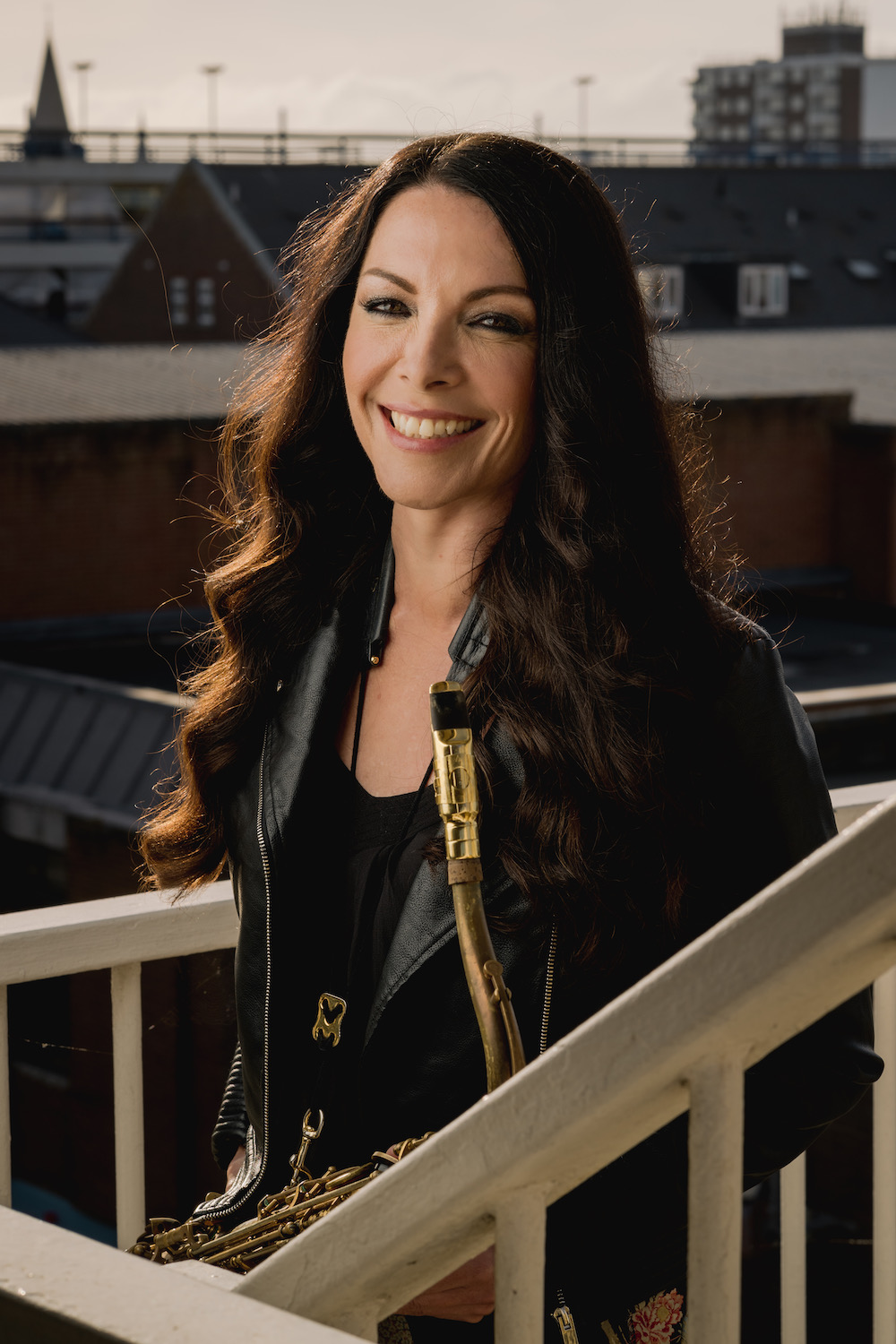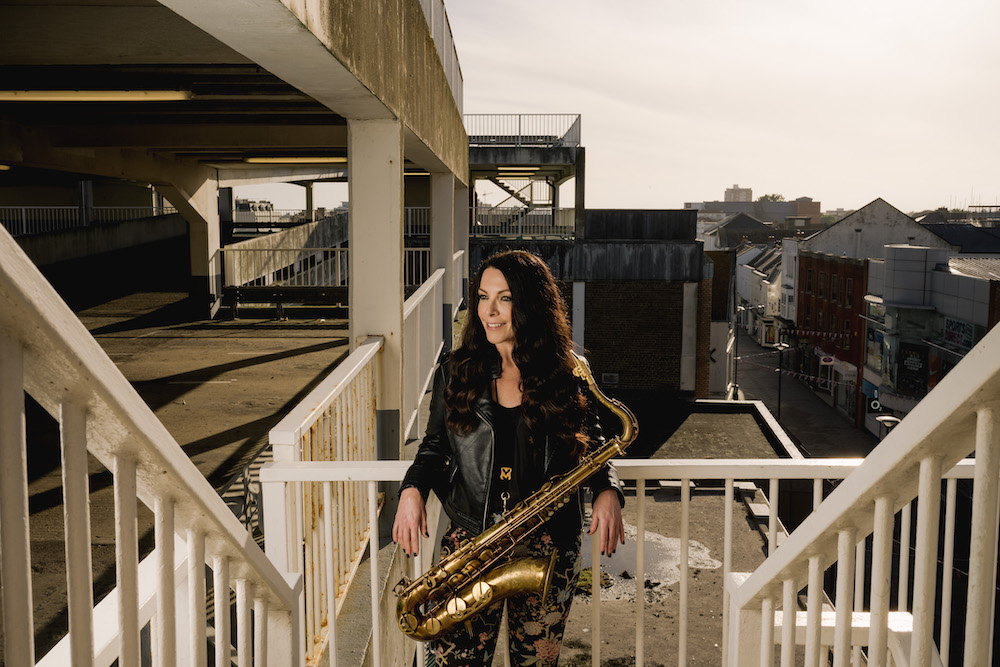

Music can break through where words can’t and it is central to many people’s sense of identity and well-being.
Even in times of illness pain and fear, we are able to be playful, interactive and adventurous through music.
Through music people can experience companionship and community through music. By using non-verbal expression at a time when words may be particularly difficult to access, music opens the door to experiences of capability, well-being and creativity, which are all the more precious at certain moments in life.
Nichola creates individual and group sessions in schools, care homes, hospices, hospitals, mental health services, prisons and secure units.






Nichola specialises in working with people who live with dementia. As the brain deteriorates, the capacity to respond to and engage with music survives, which makes music a highly effective and beneficial support tool. Music can help ease anxiety and disorientation, unlock memories, reduce isolation, aid movement, and help people regain their sense of identity. This all helps create a profound feeling of being ‘connected’ – something so valuable to people living with dementia.
Music can have a significant positive impact on those living with mental health challenges by offering a creative outlet that can encourage positive change. Experiencing a mental health problem can be very isolating, affecting a person’s personality, thought processes, and social interactions. Music can provide a safe space for meaningful communication, offer a platform for expression, and encourage social interaction – boosting confidence and self-esteem. The benefits of music can be very important for people who might otherwise struggle to find meaning, relate to others, and express their creativity.
Nichola creates individual and group sessions in schools, care homes, hospices, mental health services, prisons and secure units. Contact Nichola to see what she can do for you!

ALL CONTENT © NICHOLA POPE 2025 UNLESS OTHERWISE STATED